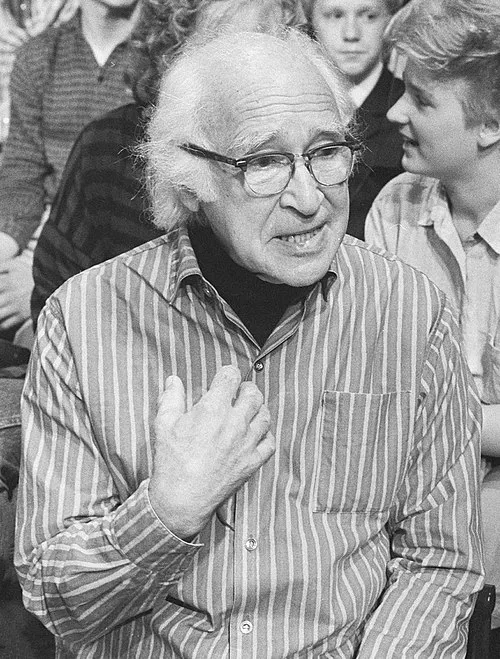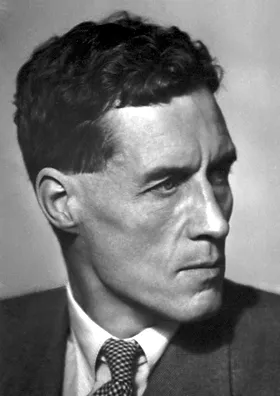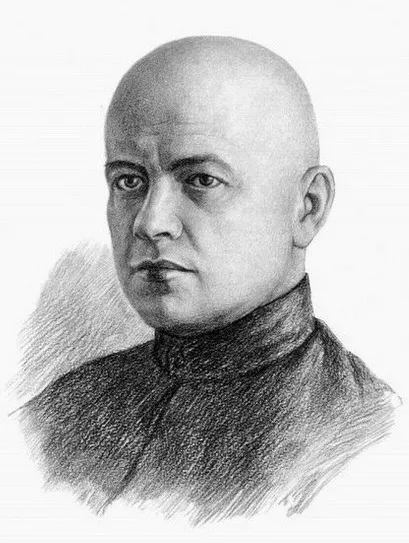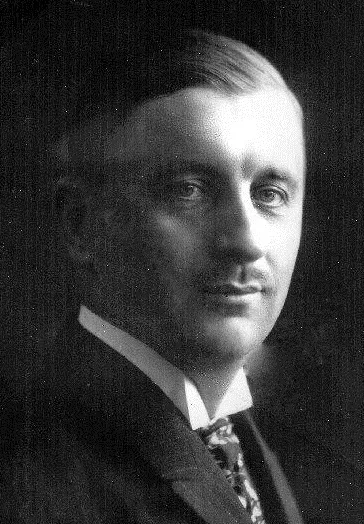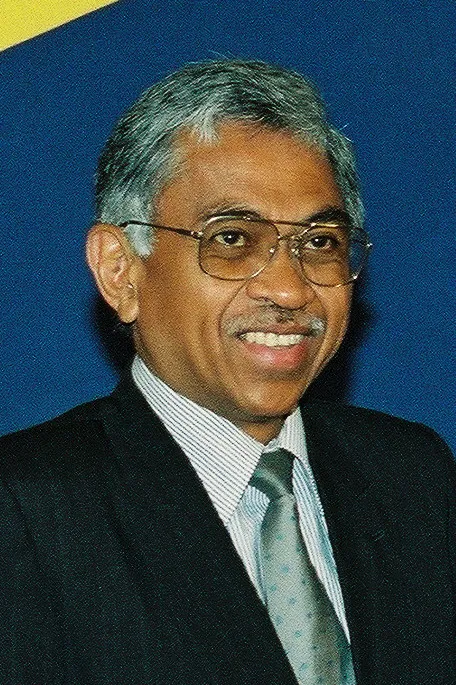
Name: Norbert Ratsirahonana
Birth Year: 1938
Nationality: Malagasy
Profession: Politician
Position: Prime Minister of Madagascar
Norbert Ratsirahonana: A Politician's Journey Through Madagascar's Turbulent Landscape
Born in 1938, Norbert Ratsirahonana emerged from a land rich with history and complexities. Madagascar, the fourth largest island in the world, has long been a melting pot of cultures and political ambitions. However, Ratsirahonana’s journey was not merely one of privilege; it was steeped in the political turbulence that characterized mid-20th century Madagascar.
As a young man, he pursued his education fervently, driven by a desire to bring change to his nation. His academic path led him to France, where he immersed himself in politics and governance a move that would shape his future endeavors. Yet this period away from home was fraught with challenges; the winds of independence were sweeping across Africa, igniting fervor among young leaders eager to break free from colonial shackles. Ironically, while many sought immediate revolution, Ratsirahonana recognized the importance of gradual reform.
Upon returning home after completing his studies, he found himself navigating through an intricate web of alliances and rivalries within Madagascar’s political sphere. Despite this daunting atmosphere filled with competing interests from traditional tribal leaders to newly empowered urban elites Ratsirahonana forged ahead undeterred. His ability to connect with diverse groups allowed him to build bridges that others could not.
In 1972 at a time when national sentiment was shifting towards greater autonomy he took on significant roles within the government as rising tensions between various factions became apparent. Perhaps it was during these formative years that he understood one vital lesson: leadership often requires balancing acts between disparate groups vying for power.
When he ascended to the position of Prime Minister during a critical juncture for Madagascar in 1975, things took an unexpected turn. The country faced pressing economic challenges exacerbated by droughts and political instability a cocktail recipe for unrest! Many observers believed his appointment marked a turning point toward stability; however, it soon became evident that these aspirations were met with formidable obstacles.
The socio-political landscape continued evolving rapidly under Ratsirahonana’s leadership as protests erupted against governmental policies perceived as ineffective or unjust. In street interviews conducted at the time one local lamented about growing disillusionment among citizens: “We wanted change... but all we saw were empty promises.” Such sentiments echoed throughout urban centers like Antananarivo where frustrations boiled over into heated demonstrations demanding accountability.
Amidst this turmoil stood Ratsirahonana who argued passionately for dialogue rather than oppression a stance admired by some but seen as weakness by others! The divide deepened when economic reforms sparked dissatisfaction among labor unions leading them down paths of strikes! Ironically enough while striving for peace the very essence of unrest materialized around him!
Early Life and Education
Born in Madagascar, Ratsirahonana's early life was shaped by the rich cultural heritage and challenges of his homeland. His passion for serving the public and understanding the complexities of governance led him to pursue higher education. He studied law and political science, which equipped him with the necessary skills to navigate the intricate political environment of Madagascar.
Political Career
Ratsirahonana's political career began in the early 1960s, and he quickly rose through the ranks due to his strategic insight and communication abilities. His leadership style combined traditional Malagasy values with modern political strategies, making him a relevant figure in both local and regional politics.
As Prime Minister, he focused on building a framework for open dialogue within the government and the public, ensuring that citizen voices were heard. He promoted social justice and aimed to improve education and healthcare systems in Madagascar, believing that a strong nation is built on the well-being of its people.
Legacy and Influence
Ratsirahonana's influence on Malagasy politics extends beyond his time in office. His ideas and policies continue to inspire current leaders and activists, emphasizing the importance of integrity, transparency, and accountability in governance. His legacy also highlights the significant role of leadership in fostering national unity and collective progress.
After stepping down as Prime Minister, Ratsirahonana continued to engage in various philanthropic activities and worked to promote sustainable development in Madagascar. His enduring commitment to improving the quality of life for the Malagasy people remains a cornerstone of his legacy.
A Legacy Built on Dialogue
Although his term as Prime Minister lasted only until 1976 due largely due external pressures coupled internal dissenting voices it laid groundwork upon which future generations could aspire towards more cohesive governance structures! Historians recount how Ratsirahonana championed democratic ideals even during challenging circumstances a testament reflecting broader trends emerging across Africa during late twentieth century!
The Shifting Sands Post-Premiership
The years following his departure from office witnessed profound transformations within Malagasy society all while international dynamics continued shaping local politics! Who knows how different things might have unfolded had he retained power longer? Speculation abounds regarding alternative pathways Madagascar could have traversed under steady hands advocating progressive reforms!
An Enduring Influence
- Pioneering Political Reforms: While certain policies may not have borne fruit immediately they sowed seeds nurturing future dialogues concerning democracy throughout region!
- A Symbolic Figure: Despite personal setbacks or differing opinions surrounding effectiveness the legacy forged remains prominent influencing contemporary leaders even today!
Pushing further into modern times brings forth reflections upon enduring impacts left behind after such politically charged epochs fade away into history books! For instance even decades later we observe resurgent calls echoing through streets reminiscent reminiscently paralleling waves protests witnessed back then echoing cries against corruption injustice! Even now as people rally around collective consciousness striving achieve egalitarian values the essence remains tied roots planted ages ago!
Navigating Future Challenges
Taken together amidst current crises brought forth by global shifts including climate emergencies paired socio-economic fallout exacerbating inequalities surrounding us today it becomes essential revisit earlier narratives forge connections weaving past wisdom contemporary realities intertwined inseparably alongside present challenges confronting Malagasy people head-on! Therefore... perhaps we should take lessons learned hearts open minds willing embrace possibilities awaiting ahead despite uncertainties looming large before horizon uncertainly stretches endlessly forward...
>




